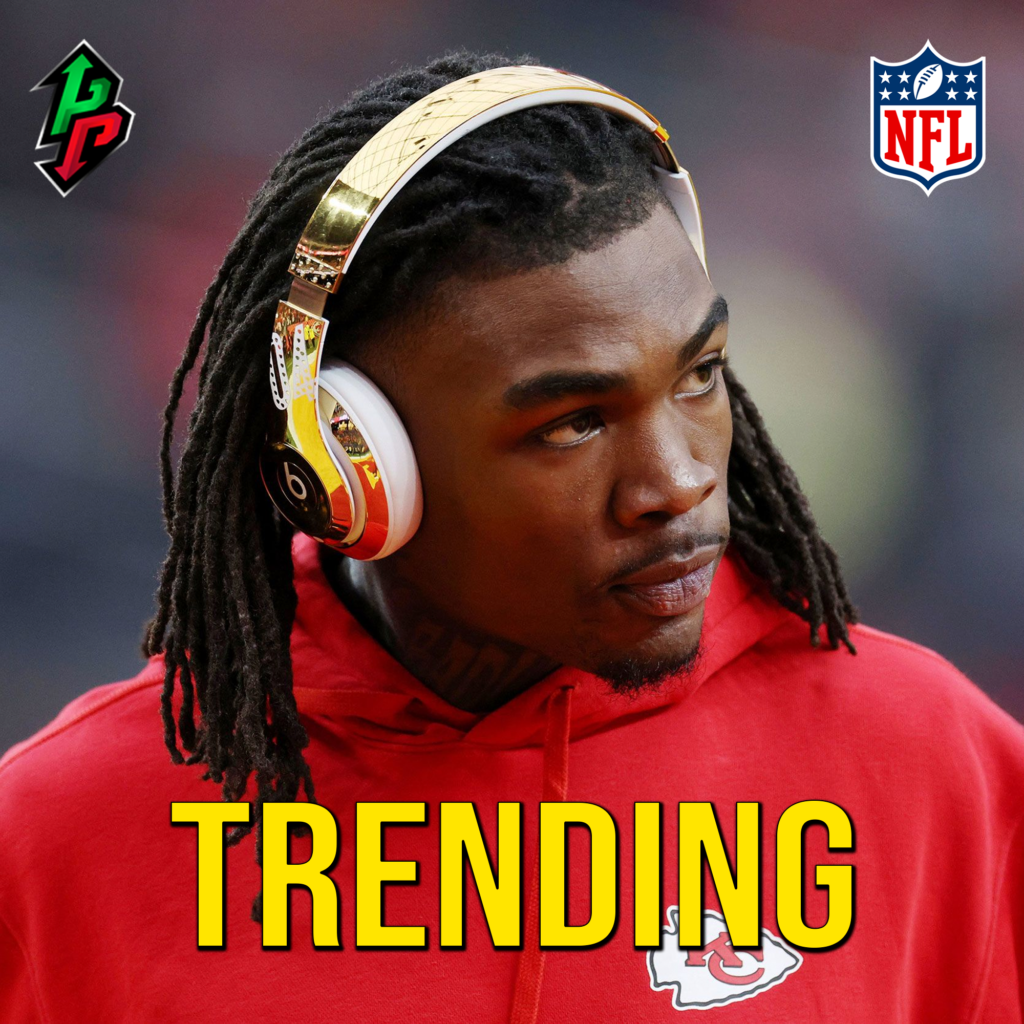As the 2024 NFL off-season progresses, there has been a notable number of arrests involving current and former NFL players. These incidents have sparked discussions about the underlying issues contributing to these legal troubles, including the potential impact of chronic traumatic encephalopathy (CTE) and other mental health challenges. Below is a detailed account of the arrests and an exploration of the broader issues at play.
Arrests This Off-Season
- Richard Sherman – DUI, Former Player, February 24th
- Damon Arnette – Meth Possession, Former Player, February 26th
- Cam Sutton – Domestic Violence, Steelers, March 20th
- Malcolm Butler – DUI, Former Player, March 26th
- Rashee Rice – Assault/Collision Resulting In Injury, Chiefs, April 10th
- Terrell Suggs – Disorderly Conduct, Former Player, April 10th
- Bashaud Breeland – Multiple Charges, Former Player, April 28th
- Joseph Randle – Rape, Former Player, April 30th
- Wanye Morris – Drug Possession, Chiefs, May 16th
- Chukwuebuka – Drug Possession, Chiefs, May 16th
- Everson Griffen – DUI, Former Player, May 30th
- Adrian Wilson – Domestic Violence, Former Team Executive/Player, June 3rd
- Isaiah Buggs – Domestic Violence and Cruelty To Animals, May 18th and June 16th
- Tae Hayes – Marijuana Possession, Jets, June 24th
- Daniel Muir – Obstruction of Justice, Former Player, July 3rd
- Jordan Addison – Suspected DUI, July 13th
Statistics and Numbers
- Total Arrests: 16 arrests involving current and former NFL players this off-season.
- Common Charges: DUI (4 cases), drug possession (4 cases), domestic violence (3 cases), and other charges including rape, assault, and disorderly conduct.
Underlying Issues: CTE and Mental Health
One of the most critical factors often discussed in relation to NFL player arrests is the potential impact of CTE. This neurodegenerative disease is linked to repeated head traumas, a common occurrence in contact sports like football. The repeated concussions and sub-concussive blows that players endure can lead to CTE, a condition that tragically affects many athletes well after their playing days are over.
CTE’s symptoms can be severe and wide-ranging. Players with CTE might experience memory loss, confusion, depression, and anxiety. More alarmingly, it can lead to aggression, poor impulse control, and impaired judgment. This combination of symptoms can make life incredibly difficult and can contribute to the legal troubles faced by many players. It’s not just about the hits they took on the field; it’s about the toll those hits take on their brains over time.
The constant pressure to perform at an elite level, the scrutiny from fans and media, and the physical demands of the sport can all contribute to mental health challenges. When players retire, they often face an abrupt transition to life after football. The structure and identity they had while playing can disappear overnight, leaving them to struggle with their mental health without adequate support. This lack of support can lead to problematic behavior, including substance abuse and run-ins with the law.
The gravity of CTE’s impact is underscored by the findings of the Boston University CTE Center, which recently announced that they have diagnosed 345 former NFL players with CTE out of 376 studied, a staggering 91.7%.
These underlying factors—CTE and mental health challenges—underscore the complex issues faced by NFL players, which may contribute to behaviors leading to legal issues. Addressing these challenges requires comprehensive support systems, increased awareness, and proactive measures to safeguard players’ health and well-being both during and after their careers.
Conclusion
The 2024 NFL off-season has seen a concerning number of arrests among current and former players. Addressing underlying issues like CTE and mental health challenges is crucial to reducing these incidents. While the NFL does have programs to help players with CTE, there’s always room for improvement. Making these programs more effective and smoothing the transition for players leaving the league can make a big difference. By enhancing support systems and providing the necessary resources, the NFL can help its players lead healthier, more productive lives both on and off the field.

